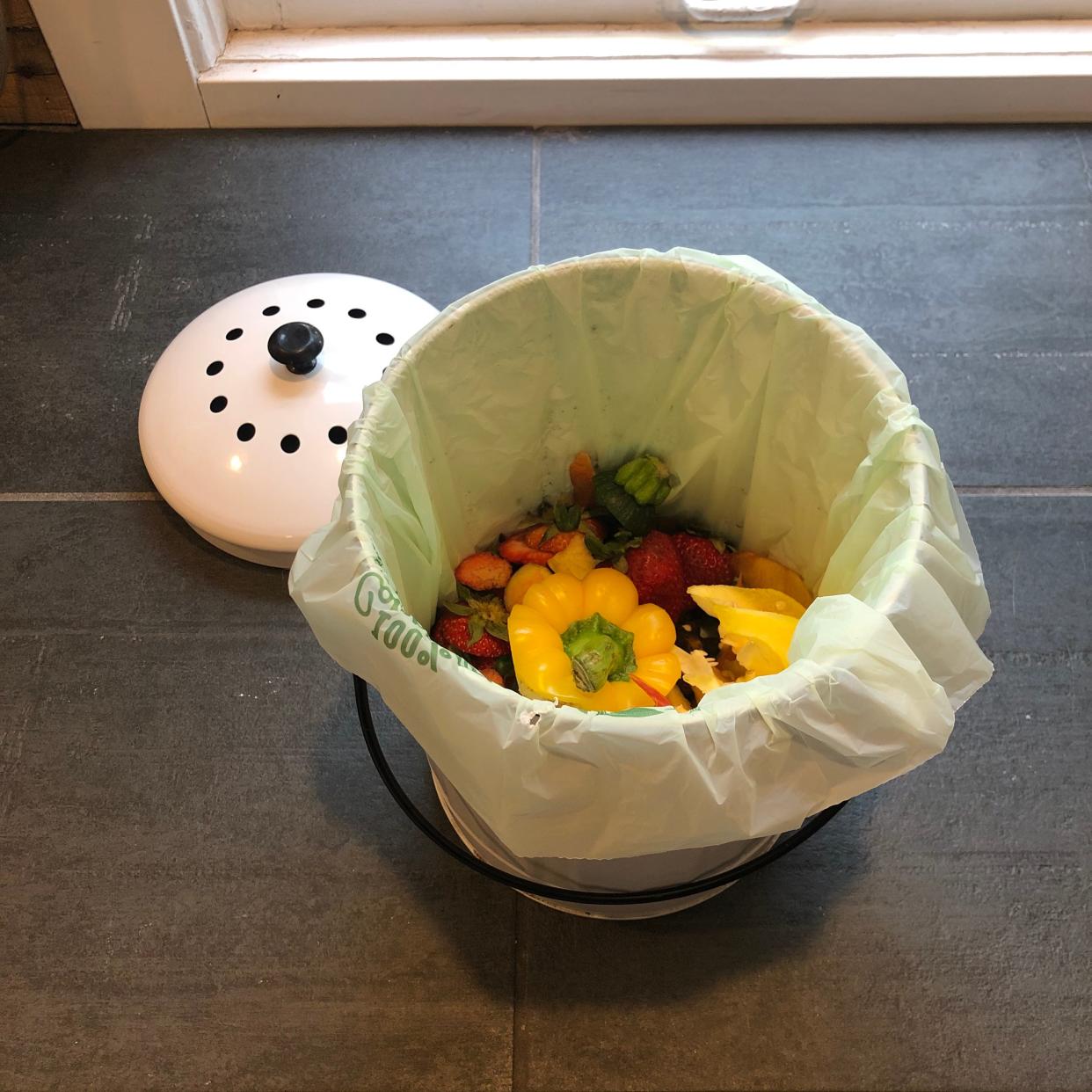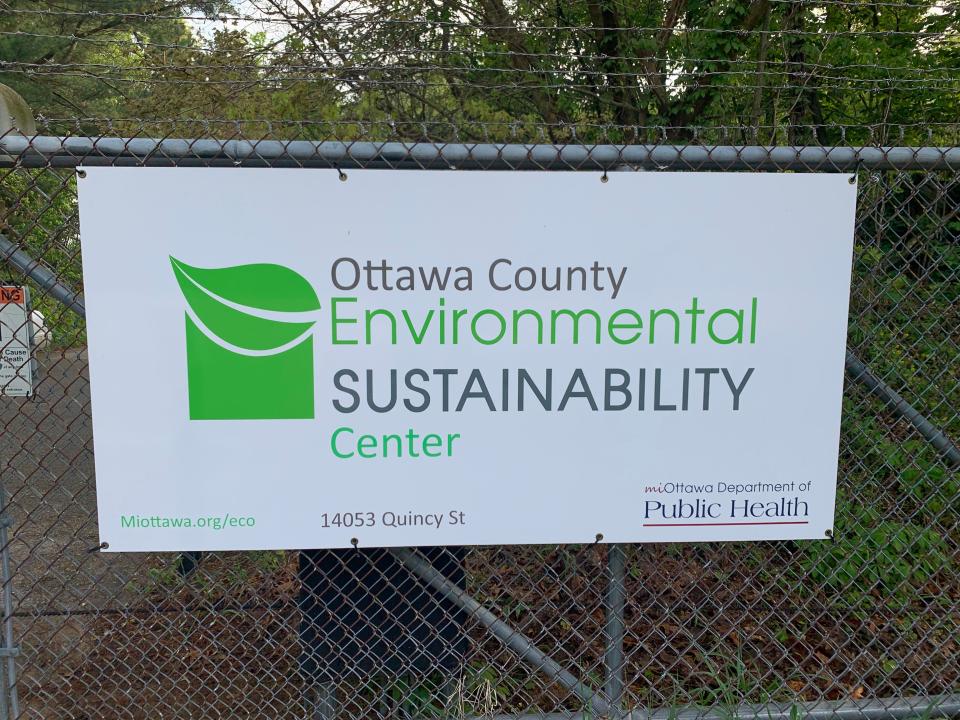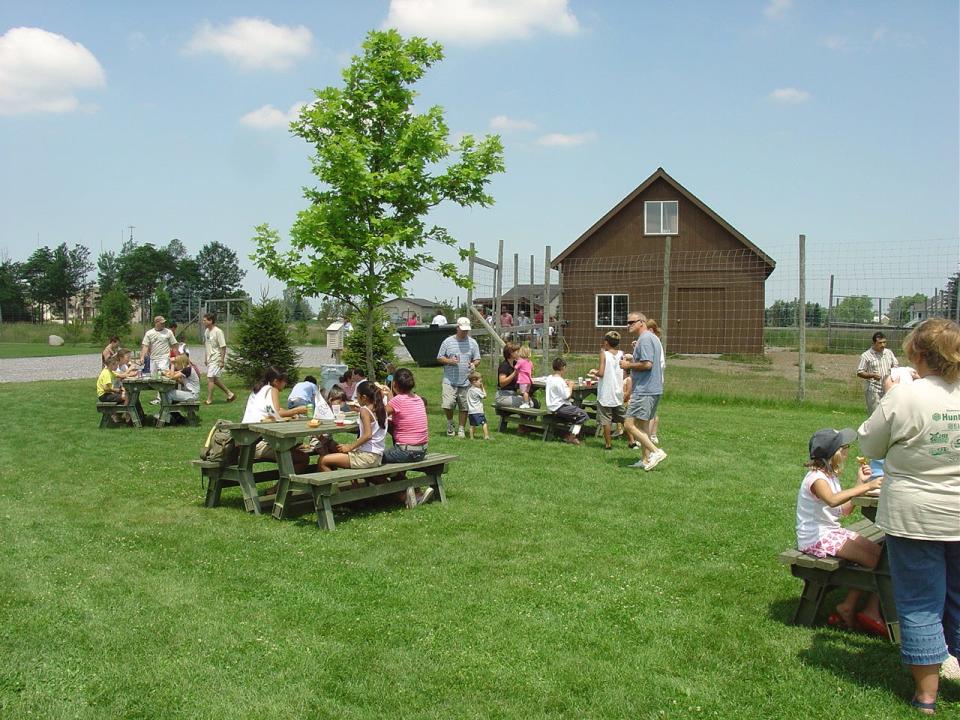MiSustainable Holland: How to reduce food waste this Fourth of July

Each year in the United States, approximately 108 billion pounds of food go to waste. One of the factors that contributes to this lofty number is the food that is wasted around food-oriented holidays, such as the Fourth of July.
For example, each year for the Fourth of July, Americans spend about $7.5 billion on food alone. Gathering with our friends and family on this day to celebrate our country’s independence is important, but when preparing for our festivities we are purchasing too much food and a significant portion of this food is going to waste.
We may not think that wasting large quantities of food is a big deal. However, when all of this food is sent to the landfill, it begins to decompose in an unnatural way that releases methane gas. When methane gas is released into the atmosphere, it traps the earth’s heat within the atmosphere and contributes to long-term changes in the earth’s temperatures.
Whether hosting a celebration or attending a celebration, many things can be done to reduce food waste.

One way to reduce food waste as a host is to shop with a detailed shopping list and guest list. While choosing items to purchase, take time to consider how much food will realistically be eaten at your celebration and purchase accordingly.
Additionally, find out if any of your guests plan to bring food. Oftentimes guests will bring fruit. Reducing the quantity of perishable items at your celebration will reduce the amount of food that goes to waste at the end of the night.
More: MiSustainable Holland: Sustainability work earns 'gold' status for Holland
More: MiSustainable Holland: Choose eco-friendly sun protection this summer
More: MiSustainable Holland: Community gardens offer chance for sustainable food practices
If you are a guest attending a celebration, be sure to communicate how many people will be going along with you and whether you plan to bring food.
Additionally, don’t be afraid to prepare to bring leftovers home at the end of the night. After the busy day, the last thing a host wants to do at the end is put the leftovers away. Bring along containers and offer to take some leftovers. That’s a win for you, the host, and the planet.

Lastly, if there isn’t a way to consume the remaining food, compost what you can. This can be done in a backyard compost, or food scraps can be dropped off at Ottawa County’s Environmental and Sustainability Center near Holland. (Check online for hours and guidelines.) Food scraps decompose naturally when they are composted, which allows the nutrients in the food to be returned to the land.
Choosing to limit the food waste you and your community produce this year on the Fourth of July is a great way to practice sustainability and reduce the amount of food that goes to waste in our country each year.
— Sydney Quillian is a watershed intern with the ODC Network, studying communication studies and environmental and sustainability studies at Grand Valley State University.
About this series
The MiSustainable Holland column is a collection of community voices sharing updates about local sustainability initiatives.
This article originally appeared on The Holland Sentinel: Smart holiday food planning helps protect the atmosphere

